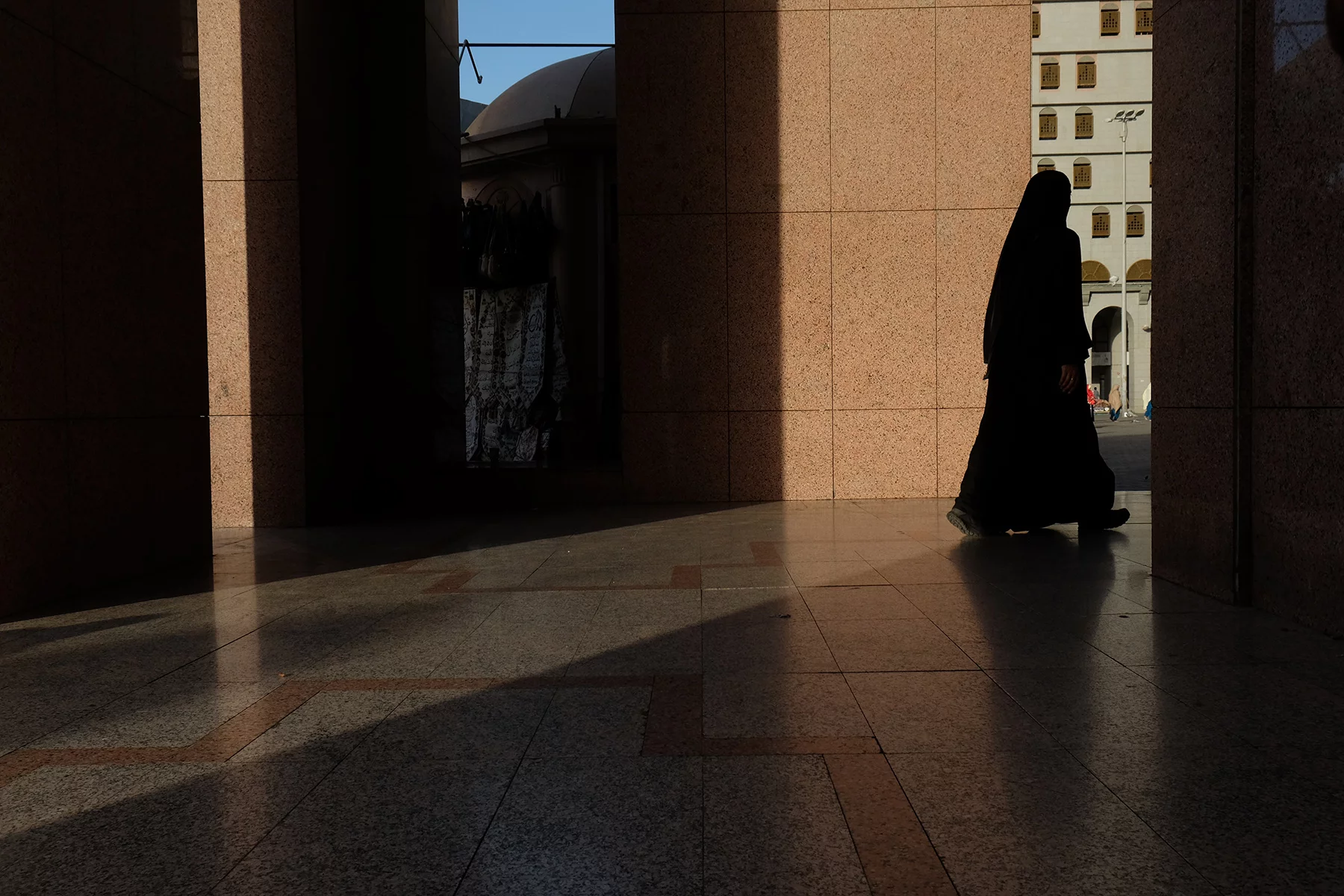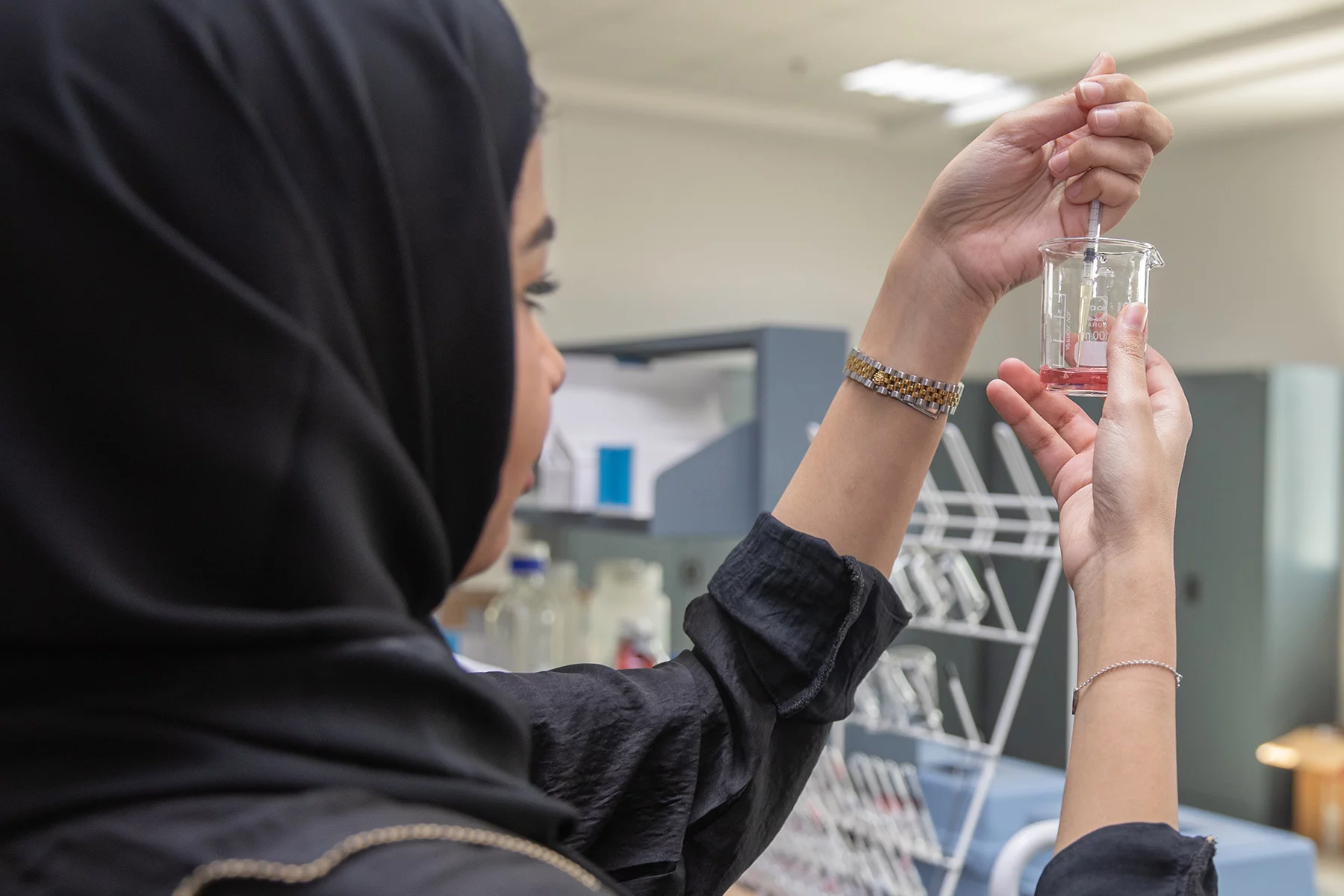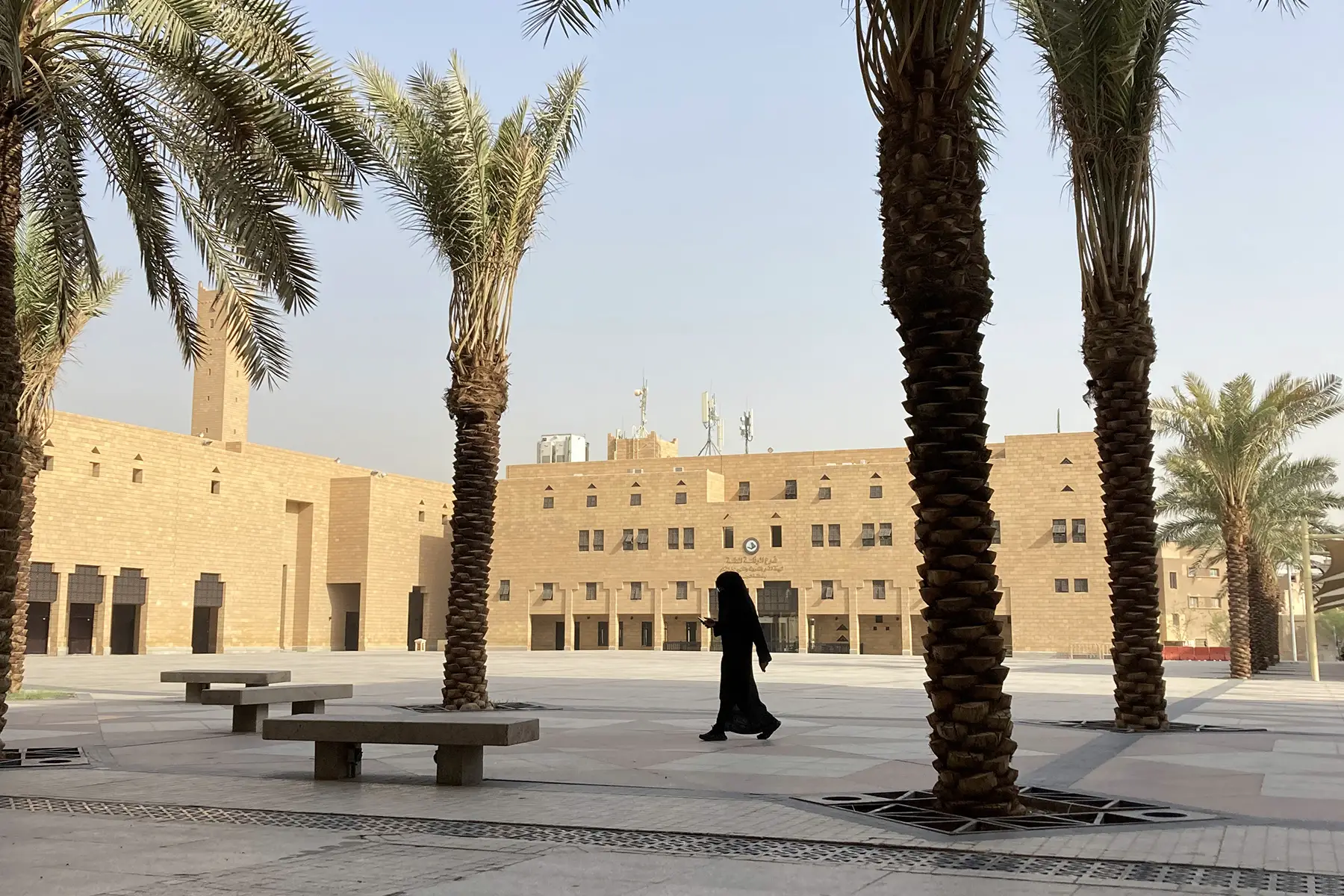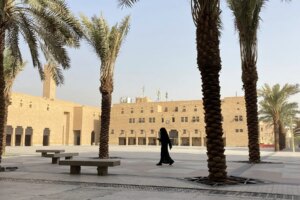The Kingdom of Saudi Arabia is known for its wealth and its conservative culture. Beyond the oil and saving opportunities, however, expats considering moving there should understand the reality of women’s rights in Saudi Arabia.
Although the Kingdom has eased some restrictive policies in recent years, gender equality remains an ideal for the far future. This article provides all the information you need to understand the state of women’s rights in the Kingdom.
The guide covers the following topics:
- Women’s rights and gender equality in Saudi Arabia
- Attitudes towards women in Saudi Arabia
- Laws on harmful practices in Saudi Arabia
- Women’s political rights in Saudi Arabia
- Women’s economic rights in Saudi Arabia
- Women’s health and reproductive rights in Saudi Arabia
- Women’s education rights in Saudi Arabia
- Women’s freedom from violence in Saudi Arabia
- Family and divorce laws in Saudi Arabia
- Breastfeeding laws in Saudi Arabia
Ground News
Get every side of the story with Ground News, the biggest source for breaking news around the world. This news aggregator lets you compare reporting on the same stories. Use data-driven media bias ratings to uncover political leanings and get the full picture. Stay informed on stories that matter with Ground News.
Women’s rights and gender equality in Saudi Arabia
Women’s rights in Saudi Arabia are growing. Compared to the rest of the world, however, the Kingdom offers women very little freedom and autonomy. Historically, much of this social control has focused on the country’s guardian system, whereby a woman needed her male guardian (a father, husband, brother, son, or another male relative) to accompany her in public and to allow her to travel, get an education or a job, undergo surgery, and get married.

Despite the fact that restrictions on women have been easing, the timeline of these changes can seem shocking. It was only in 2006, for example, that women could get ID cards without permission from their guardians. Furthermore, women only gained the right to ride bicycles and motorbikes in 2013. In 2018, the government announced that women could enter sports stadiums for the first time, and, in a massive victory, they also received the right to drive in Saudi Arabia.
In 2018, Saudi Arabia only ranked 145th (out of 149) in the Global Gender Gap Index.
Attitudes towards women in Saudi Arabia
Saudi Arabia practices a strict form of Islam, called Wahhabism, which calls for, among other things, strict gender separation, unless you are married or related. This is institutionalized through segregated public transportation, entrances to buildings, and eating areas in restaurants. Public displays of affection between opposite sexes, even if married, are unacceptable.
For women, there is a tacit understanding that their behavior – how they dress, their makeup, what spaces they are in – affects the men around them negatively. So, they must dress modestly and obey their guardians. The black abaya is not mandatory or the official dress code of Saudi Arabia; however, many women continue to wear them.
Expats no longer have to wear the abaya or headscarf, but you might want to just to show respect. Generally speaking, as an expat woman, you should research your rights thoroughly, dress modestly, and always carry a headscarf; if someone asks you to cover your hair, do it.
Laws on harmful practices in Saudi Arabia
Although laws on the guardianship system have eased in recent years (allowing women to travel, pursue their education, get married, or get a job) there are still concerns about implementation. Some worry that guardians will still be able to formally or informally sidestep these regulations. In practice, most women continue to need approval from their guardians to travel, marry, and get a job.
When it comes to women’s rights in Saudi Arabia, one of the main points of contention is Female Genital Mutilation (FGM), which still occurs in the Kingdom; by both Saudi and foreign communities. A recent study found that nearly one in five women had undergone the procedure.
Women’s political rights in Saudi Arabia
Voting rights for women in Saudi Arabia
Women could vote in and run for elections for the first time in 2015. That year marked only the third time the Kingdom had held elections.
Women in power in Saudi Arabia
Among the women who ran in the 2015 municipal elections, only 20 women (out of 2,000 seats) won. Municipal councils are in charge of tasks such as garbage collection, street maintenance, and public gardens.
The Shura Council is a body with no legislative power but which serves in an advisory role to the King. In 2013, the King appointed 30 women to the 150-member Council. As per the county’s Vision 2030 plan, the government intends to increase women’s economic participation to 25% in the next several years.
Women’s economic rights in Saudi Arabia
Employment rights
Women can seek work in Saudi Arabia. However, it can be difficult. If you are on your husband’s work permit, you have to get his permission to work, since he is your guardian. Because of regulations about gender segregation in workplaces (separate bathrooms, break rooms, and the like), some employers hesitate to spend money to meet those regulations in order to hire women. Women can work in most fields, except those considered not ‘suited to their nature,’ such as construction or garbage collection.

Only around 22% of Saudi women are employed and, unfortunately, earn on average 56% of what men make. The percentage of senior-level positions in the Kingdom held by women is 1.27%. Working women who become pregnant get ten weeks of paid maternity leave, as well as an extra hour-long break for breastfeeding, upon returning to work. Recent fathers get three days of paternity leave.
Women in business
While women have the right to open their own businesses in Saudi Arabia, in practice, this can be tricky. This is because you often need a business partner or a representative who is male, yet many male investors or entrepreneurs refuse to work with or engage with women.
Financial and property rights
While there is no formal prohibition on women buying or renting property, it can be tricky to pull off without an approving male guardian. You can find out more in our guide to buying a home in Saudi Arabia.
Women’s health and reproductive rights in Saudi Arabia
Women’s healthcare in the Kingdom is high-quality and generally accessible; however, women only recently gained direct access to their medical information instead of their guardians getting it. Saudi Arabia’s maternal mortality rate is 12 deaths/100,000 live births, a rate that is even lower than in the USA.
The population is generally healthy, although women do struggle with significant vitamin D deficiency from a lack of sun exposure, as well as rising diabetes, hypertension, and other inactivity-related illnesses. If you are considering moving to the Kingdom, keep in mind that, although birth control is legal and generally available, abortions are incredibly difficult to access legally.
Women’s education rights in Saudi Arabia
Education is an interesting factor when it comes to women’s rights in Saudi Arabia. Women and girls have the right to an education in the Kingdom and literacy rates are 91% and 97% for women and men, respectively. In fact, women are pursuing higher education in droves; in fact, more than 51% of university graduates are female.
Women’s freedom from violence in Saudi Arabia
Because of its very nature, it is difficult to know the true rates of domestic violence in Saudi Arabia; in fact, this was only made a crime in 2013. The Regulation to Protect Against Abuse defined domestic violence and the penalties for it, including up to a year in prison and a large fine. That said, the law doesn’t state how its implementation will be ensured. In 2015, the Saudi government stated that it adjudicated 8,016 cases of domestic violence cases. Because many women are deterred from turning to the authorities – as filial disobedience is still a crime – and because in some cases it is difficult to make an accusation of domestic violence without a guardian present, it is safe to assume that this number is a very low estimate.
Family and divorce laws in Saudi Arabia
The status of husbands and wives is incredibly unequal in the Kingdom. Once a man marries a woman, he takes over her guardianship from her former guardian. This means he must at least implicitly – but often explicitly – approve of many of the facets of her day-to-day life. As in many Muslim countries, sharia law directs family law. So, men have the right to unilaterally and immediately divorce their wives, whereas wives must go through a lengthy and expensive court process to attain a divorce. In 2019, the government passed a law that allows women to check online or receive the news of their divorce via text message; before this, men could dissolve a marriage without informing their wives.
Child custody arrangements often skew in the father’s favor and, even if a wife gains custody, the father often maintains guardianship over them. As an expat, it is important to keep in mind that you are technically subject to these laws. It is advisable to do your homework, know your rights, and always have an exit strategy.
Breastfeeding laws in Saudi Arabia
Breastfeeding is widely encouraged in Saudi Arabia because the Quran dictates that new mothers should breastfeed their babies for the first two years. Most women in the Kingdom receive information about breastfeeding and locals consider the practice a positive one.







